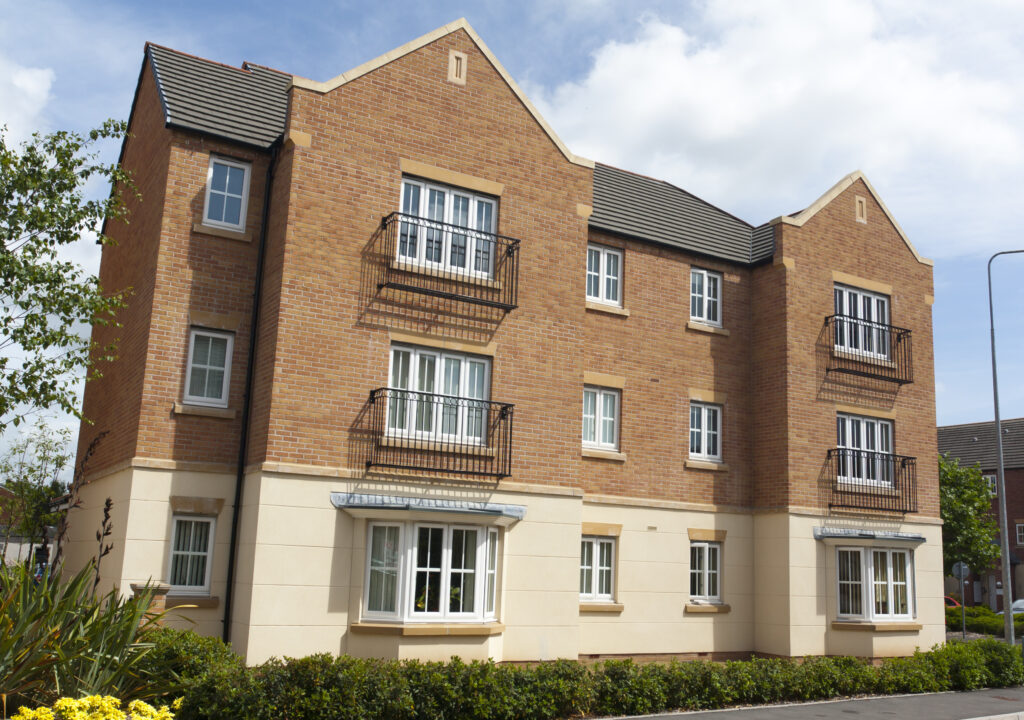Extending Your Lease
Home | Extending Your Lease
So you are thinking about extending your lease?
But how do you do it and to whom should you turn?
Here is a brief explanation from the experts:
The lease is of a predetermined length and will eventually expire. When it runs out, the freeholder or freehold company can take back the keys of the property. In reality, this day seldom arrives because circumstances will force the leaseholder to do something about the diminishing lease (and there are rights to remain in occupation paying a rent). Theoretically, the property will revert to the ownership of the freeholder or freehold company, sometimes called the ‘reversioner’ as a result.

A leasehold flat or house is a wasting asset as a result of the shortening lease. The closer the lease gets to zero years unexpired, the more the value of the property is reduced. Of course, in a rising market, this is usually outweighed much of the time by the appreciation in the value of the property. In a static property market, a diminishing lease will gradually reduce the value of the property, all other things remaining equal.
Leaseholders can extend their leases by serving a Section 42 Notice on the freeholder or freehold company. One stipulation is that they must have owned the property for two years (unlike a Section 13 Notice for purchasing the freehold, when leaseholders can participate from day one of ownership). When successful, they will have the right to an extension of 90 years to the current term and ground rent is effectively reduced to zero.
If you are looking to extend your lease, you should talk to a solicitor specialising in lease extensions and leasehold enfranchisement. Usually, ALEP members will explain the options available during an initial telephone conversation.
Sometimes it is possible to negotiate informally with the freeholder to extend the lease. They may agree to a smaller lump sum and an increase in the ground rent, but to shorter extension terms in return. It is important to ensure that the agreed terms represent good long-term value compared with the standard benefits of the Section 42 Notice, and that additional potentially onerous clauses are not inserted into any redrafting of the lease.
Find a Practitioner
ALEP was set up in 2007 in response to concerns raised by owners of leasehold properties who wanted reassurance that the people they were dealing with were reputable. Freeholders also require this reassurance.
- Where you see the ALEP logo you can be sure of a consistently high level of service.
- They must also commit to high professional standards, integrity and quality customer service.
- You can be confident that any firm that is a member of ALEP will be experienced and competent.